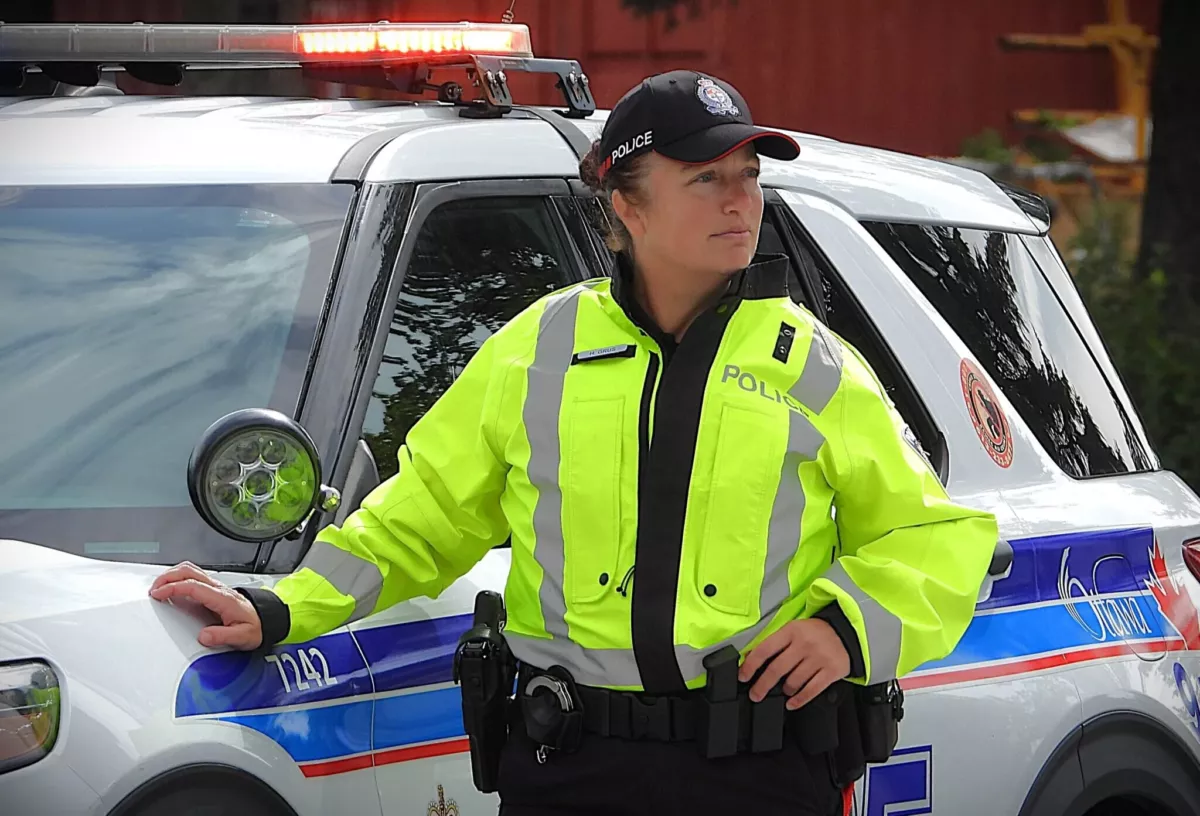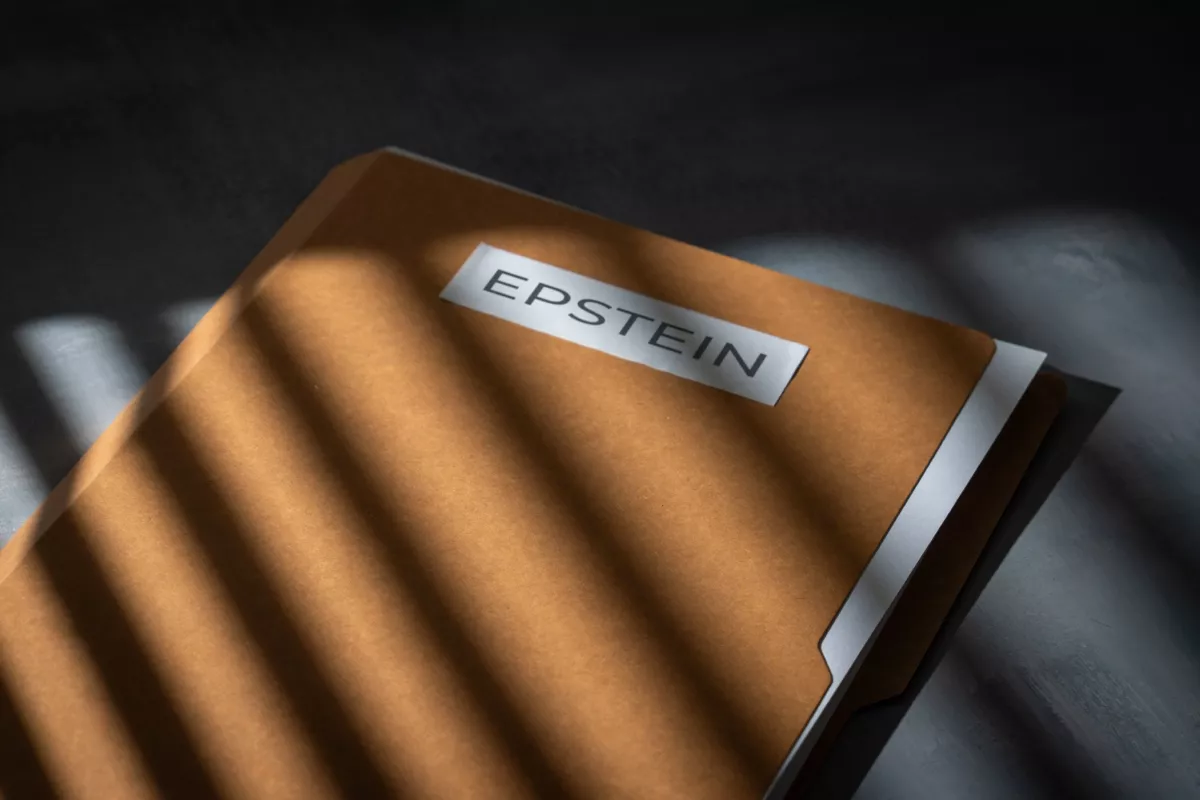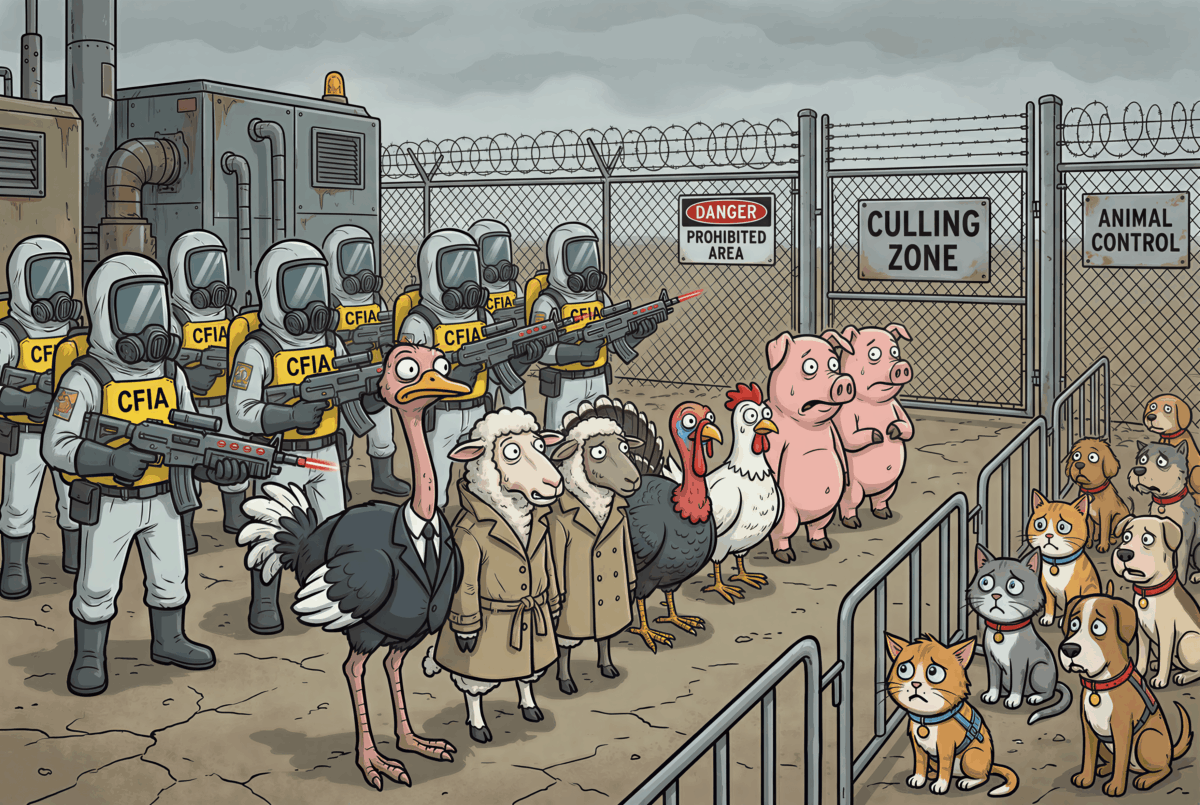
Detective-Helen-Grus
Detective Helen Grus uncovered an unusual cluster of infant deaths and asked questions that pointed to powerful interests. For doing her job, she is now being prosecuted in Canada’s longest and most costly police disciplinary hearing. Photo Credit: Dave Freedom
When Investigating Becomes a Crime
The Detective Helen Grus Case
By Donald Best | GrusJusticeProject.org
The three-year-long disciplinary action against Ottawa Police Detective Helen Grus is probably the singular most important event in the history of Canadian law enforcement—yet few know of it because of a legacy media blackout, because it involves a cluster of unexplained infant deaths where the COVID vaccines are suspected.
The independence and autonomy of police officers has been the cornerstone of British and Canadian policing since 1829. For nearly 200 years, no officer ever needed permission to investigate a possible crime—and politicians were not allowed to interfere with police investigations.
Until now. Until Detective Helen Grus.
On March 25, 2025, an Ottawa Police internal tribunal convicted Detective Grus of “Discreditable Conduct.” She will be sentenced in 2026 when the hearing continues.
Astonishingly, the tribunal officer released a written decision declaring that Detective Grus (and, therefore, all police officers in similar cases) was convicted because she should have asked for permission before launching a criminal investigation “due to the political and societal ramifications” and because the suspects were “public officials.”
Don’t lose touch with uncensored news! Join our mailing list today.
That written decision amounted to a public admission that political corruption has infected both the Ottawa Police and the Tribunal.
Background
In 2021 Helen Grus was a veteran detective with the Sexual Assault and Child Abuse Unit, the unit assigned to investigate infant deaths occurring outside of hospitals. Evidence during her trial showed that she and other officers began noticing an unusual cluster of infant deaths—three times the normal rate.
Grus briefed then Chief Peter Sloly of the cluster, and that the new Pfizer mRNA vaccines had never been tested on pregnant women. She cited advisories from Toronto’s Hospital for Sick Children noting a rise in myocarditis. Her supervisors listened—and told Grus to never speak of the vaccines again.
In January 2022 while making on-duty inquiries, Detective Grus discovered that fellow officers had not properly investigated the infant deaths—neglecting to ask parents about their, and the infants’ vaccines. Such details have been standard in sudden death investigations for decades.
When two of her offended co-workers complained, Ottawa Police suspended Detective Grus on February 4, 2022, and ordered her to stop investigating the infant deaths.
Police seized her memo books, computer, and phone. A few weeks later police illegally wiretapped Helen Grus and her family in an act meant to intimidate and punish. No evidence was discovered during the wiretap.
Evidence later surfaced that personnel from the Public Health Agency of Canada and a CBC reporter had interfered with the internal investigation of Detective Grus almost from the start. MP Cathay Wagantall raised the issue in Parliament, filing an Order Paper question seeking answers.
In July 2022, Ottawa Police charged Grus with one count of “Discreditable Conduct” for an “unauthorized” investigation. The obvious intent was to deter all Canadian police officers from conducting similar investigations into vaccine injuries and deaths.
At her trial, the public heard evidence that three of the deceased infants died from causes that are known adverse effects of the COVID vaccines. The trial also heard that Detective Grus gave all the evidence to her superior officers, including the Pfizer Documents, but the Ottawa Police completely shut down any investigation.
The ongoing prosecution of Detective Grus is the longest and costliest police disciplinary trial in Canadian history.
In January 2024 the proceedings turned explosive when Professional Standards Inspector Hugh O’Toole was accused of witness intimidation after sending Grus a threatening email just before she took the stand. Within weeks O’Toole retired—sources say in a deal to avoid criminal prosecution.
The tribunal has been biased to the core—disallowing all defence expert medical witnesses and any evidence that proves Detective Grus was correct in her suspicions about the vaccine-related causes of the deaths.
What is happening is much larger than just Detective Grus. The written decision eliminates the right and duty of Canadian police officers to conduct investigations without political interference—or to investigate public officials or politicians without prior permission from above.
If allowed to stand, the Grus decision will undermine public confidence in the independence of police investigations and cause serving police officers to look the other way when they suspect wrongdoing by “public officials” or see possible crimes that have “political ramifications.”
Learn more at GrusJusticeProject.org
Donald Best is a former Toronto Police Sergeant turned independent journalist and anti-corruption advocate. He received the 2018 Ontario Civil Liberties Award for his tireless work advancing integrity and accountability in Canada’s legal system.










